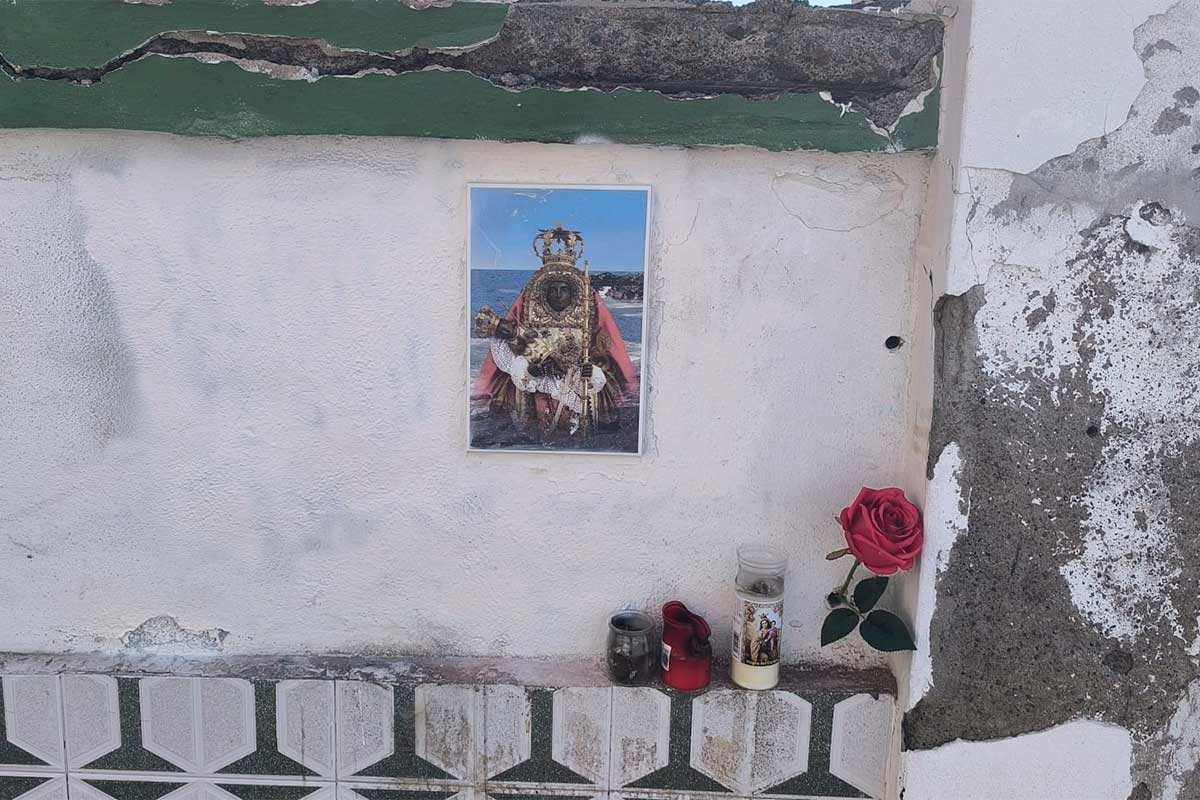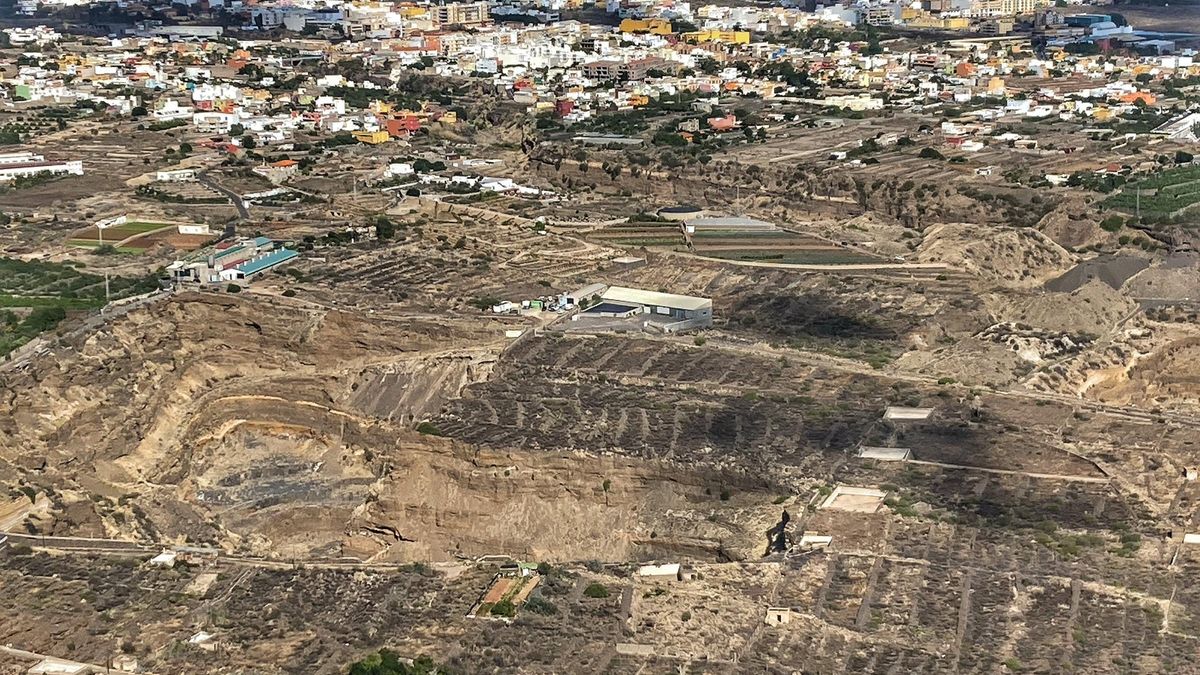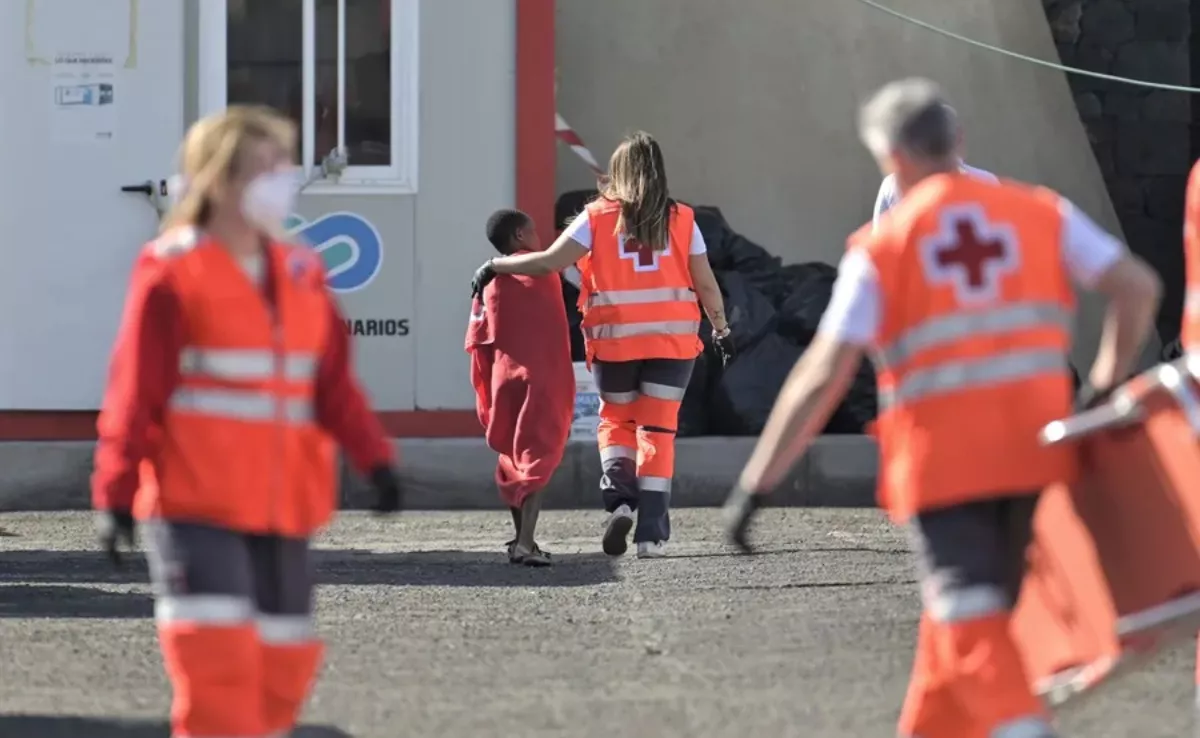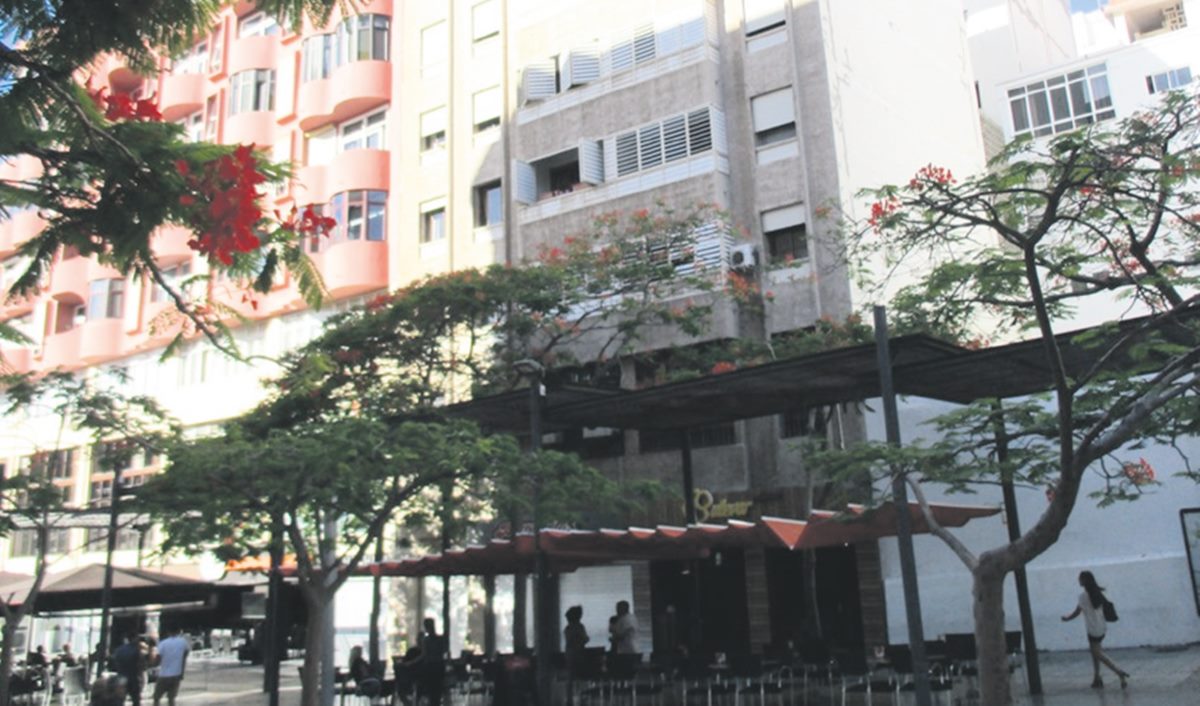Guardia Civil Raises Concerns Over Prisoner Custody Protocols in Canary Islands

The Asociación Unificada de Guardias Civiles (AUGC) has approached the Inspection of Personnel and Security Services at the Ministry of the Interior, as well as the head of the Guardia Civil in the Canary Islands, General Juan Hernández. They are calling for intervention over “the repeated breaches occurring in the custody and transport of prisoners” in Lanzarote and Fuerteventura.
Concerns Over Jurisdiction
According to the documents submitted, Guardia Civil officers from the Security Section of the Tahíche Penitentiary Centre are being required to oversee inmates at judicial locations in Puerto del Rosario (Fuerteventura) and Arrecife (Lanzarote). However, the territorial jurisdiction in these municipalities lies with the National Police, meaning it should be their agents handling these custodial duties.
Legal Violations
This situation, they explain, contradicts the provisions of Instruction 5/2009 from the Secretary of State for Security, which sets out the protocols for the transport and custody of inmates from penitentiary centres. It clearly states that “the custody of inmates outside penitentiary establishments will correspond to the police force assigned territorial jurisdiction at the place of stay,” except in hospital facilities. Moreover, it also contravenes the Organic Law on Security Forces and Corps.
Transport Risks
These are not the only violations noted; the Guardia Civil officers in this unit are having to transport prisoners from the Tahíche penitentiary to Fuerteventura on vessels lacking cabin-cells. Consequently, they are forced to supervise inmates on the deck of the ship, posing significant security risks.
Protocol Breaches
In their communications, the AUGC emphasises that the Guardia Civil’s protocol for these operations stipulates that maritime transport of prisoners must utilise vessels equipped with cabin-cells for both inmates and custody officers. Furthermore, transporting them on the ship’s deck increases the risks of escapes and attacks on the Guardia Civil officers, potentially with the assistance of third parties.
Impact on Prisoners’ Rights
They also indicate that this method of transport is detrimental to the rights of the inmates themselves, violating the Organic General Penitentiary Law, which mandates that these transfers must be conducted in a manner that upholds the dignity and privacy of the inmates, as well as their right for their status as prisoners to be kept confidential from third parties.














